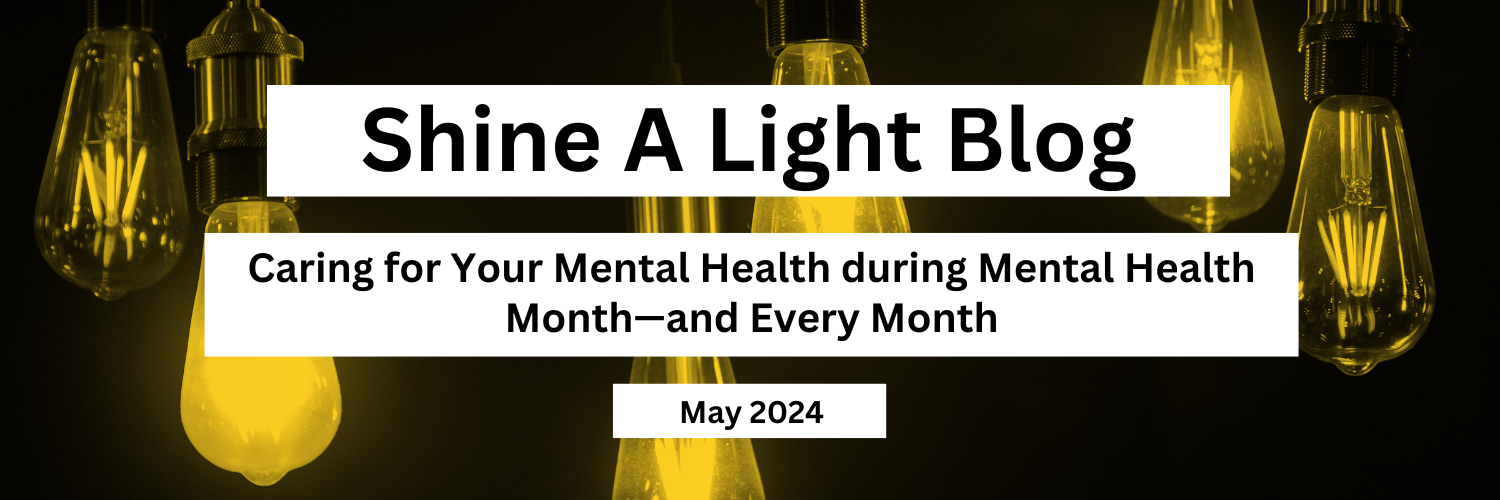May is Mental Health Awareness Month, and while anyone can struggle with their mental health, people with disabilities are more likely to experience anxiety and depression than people without disabilities. Medicines and therapy are effective treatments your doctor can prescribe to address mental health conditions, and many people also make lifestyle changes at home to help. Activities like joining a social group or finding an adaptive exercise routine can boost well-being, and making progress on independent living goals is important, too—research links a greater sense of autonomy and control in one’s life to better mental health. Read our tips below for tackling mental health troubles today:
Increase Your Physical Activity
If you’re living with a mobility-related disability, staying active may be a challenge. Yet, science consistently demonstrates that any type of physical activity can positively impact your mental health. From stretching and deep breathing exercises like chair yoga or Tai Chi to adaptive sports and outdoor recreation, the Centers for Independent Living and partners provide a range of options to get mood-boosting exercise.
Explore the Great Outdoors
Fresh air and green spaces can temporarily improve your mood, and some studies show that spending time in nature can even reduce depression symptoms. Michigan maintains a growing list of accessible trails and scenic sites that meet ADA criteria, and organizations like Oakland County Adaptive Recreation, Huron-Clinton Metroparks, and many others provide inclusive outdoor programming for people with disabilities of all ages.
Find Social Support and Connection
Having strong social connections can improve resilience and mental wellness, and even increase longevity. In contrast, feeling socially isolated can lead to an increased risk of anxiety or depression. Your nearest CIL can help you find peer support, social activities, and other opportunities to connect virtually or in-person with members of your local CIL or the greater disability community. From virtual board game nights to cooking lessons and barbecues, there’s an activity to help everyone expand their social network, make friends, and reap the benefits of interpersonal interaction.
Talk to your Doctor
Making lifestyle changes can create better habits that reduce stress and enhance wellness. However, seeing your doctor for a proper diagnosis is an important first step—sometimes, mental illnesses can result from other medical conditions; other times, they can only be effectively treated by medication or therapy. Review the signs of depression, anxiety, and mental illness, and if you suspect you may have more than just a case of the blues, make an appointment or click here to find mental health resources near you.
Your mental health significantly impacts your quality of life and overall health, so give it the priority it deserves with lifestyle changes and appropriate medical care. If you or someone you know is in crisis and needs immediate assistance, contact Michigan’s Crisis Lifeline by calling or texting 988 or visiting 988lifeline.org.






